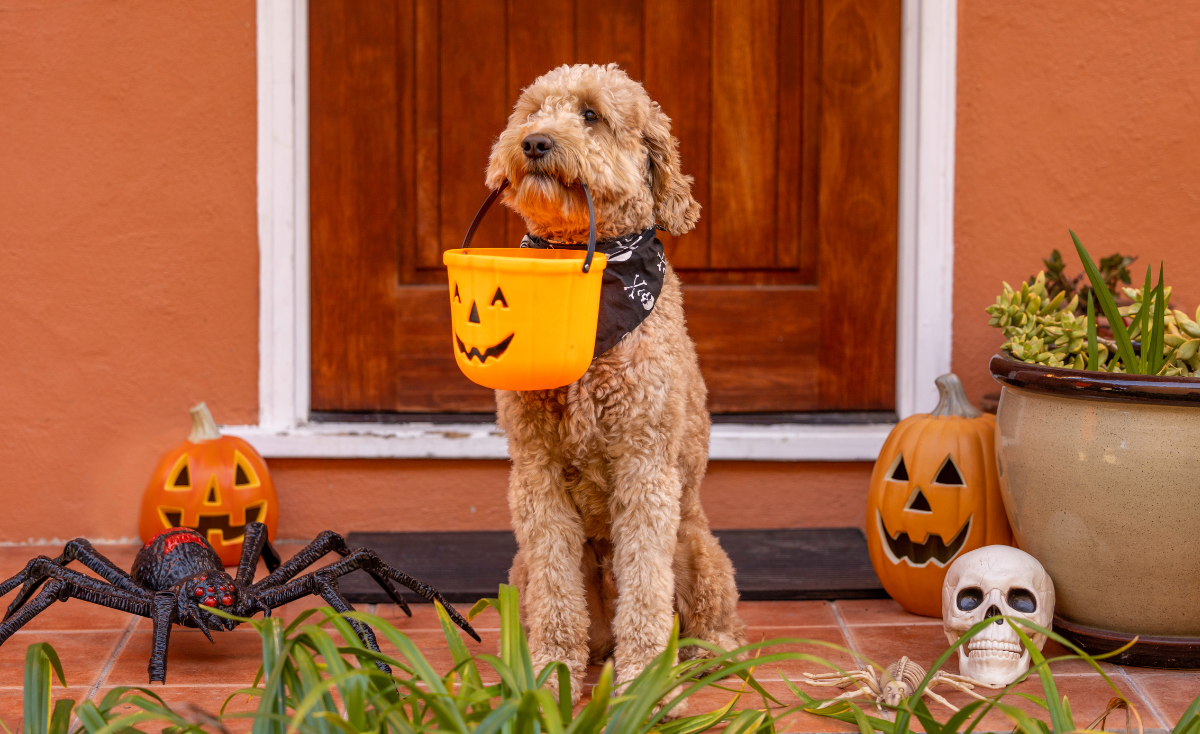
1.Unusual Visible Lumps/ Tumors
If you ever spotted abnormal lumps or “rocks” under your pet’s skins and they start to lick or chew it, you have scored yourself a trip to the vet. It is best to let the veterinarian check for the lumps that grow under your pet’s skins. If the situation persists, it may start to grow rapidly and start bleeding. However, spotting unusual lumps might not mean your pets are having cancer. This is because some lumps that grow in your pets might just be benign fatty tumors, especially in middle-aged or older dogs. Tumors can also cause your pets to have red, bulging eyes or ear infection. If your pet is frequently shaking its head or clawing at its ears, there might be chances that your pet might be harboring a tumor.
2. Abnormal Growths
A suddenly expanded belly of your pets could also be a sign of a tumor. If your pets have not been gaining weight recently but its belly seems to be expanding, this could mean there is a tumor growing along its intestine and you should take your pets to your nearest vet for further consultation. Unexplained weight loss could also be mean to having cancerous diseases as well. If you have spotted strange growths on the lips, tongue, or gums of your pets, it could also be a sign of oral cancer. In this case, it is best to check your pet’s breath too as having bad breath could also be a complication of oral cancer.
3. Change of Behaviors
When your pets are behaving unusually, or showing different eating/ sleeping patterns, it is best for you to consult your veterinarians as this could be your pets waving red flags at you for help. A sudden change of behaviors such as less appetite, chronic vomiting or diarrhea, coughing or labored breathing, get thirsty easily, and change in food preferences could be the signs you need to look out for. Keep an eye out for your pets who are once active and suddenly spend their time lying around could be a vital sign as well. Straining to pee or any changes in peeing patterns, such as more volume or frequency could mean something, too. Cancer-related personality changes could also include pacing, agitation, limping, or wanting to go outside more.4. Persistent Lameness
Normally, we would see lame pets every single day, whether you are outside - or you are keeping one, but luckily, this does not mean they have cancer. Most animals have their own ways of resting, so when we humans see it, it seems like they are doing nothing and thus, thinking that they are lame. However, if your pets have swollen legs, or showing any signs of limping, this could only mean one thing- bone cancer. It can cause pain and lameness to your pets. Making your pets difficult to walk so they would just rather lie around at any corner to reduce the pain.


















































2 comments
Elisabeth Burns
My dog is a American bulldog cross pitbul he has a very big lump on his rib cage it’s very inflamed n weeping n very grren puss he is losing hair larthatic has laboured breathing n scoffs .. my big boy has lost weight n barley active .. he is 11 .. it started as a skin tag n has got worse .. I’ve been away for a year n come back to this just yesterday I’m very concerned he is booked in for surgery on the 9th but his condition is getting worse..
Martha Innis
Thank you for any help you can give.
Leave a comment
All comments are moderated before being published.
This site is protected by hCaptcha and the hCaptcha Privacy Policy and Terms of Service apply.